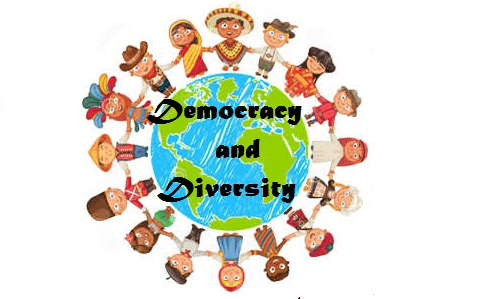
Does Diversity Hurt Democracy
Author: M. Steven Fish and Robin S. Brooks Category: Geo-Politics, History, Philosophy, Politics, Religion More DetailsWhile reporting recently on his organization’s annual survey of political rights and civil liberties around the world, Freedom House president Adrian Karatnycky repeated the claim—heard often in academic and public discourse alike—that ethnic diversity hinders open politics. Reviewing the findings of the 2001 survey, he concluded that “democracy has been significantly more successful in monoethnic societies than in ethnically divided and multiethnic societies.”1 In saying this, Karatnycky was hardly being provocative or counterintuitive. A number of eminent political scientists have seen diverse societies as disadvantaged when it comes to democratization.2 According to many observers, ethnic differences divide society and make compromise and consensus difficult. Heterogeneity poses the risk of intercommunal violence, which can quickly undermine open politics. What is more, political parties and other organizations coalesce more readily around ethnic than other identities. Political entrepreneurs therefore have an incentive to play on such divisions and to neglect efforts to mobilize citizens around civil rights and class concerns.3 And in a particularly ironic twist, well-meant efforts to defuse ethnic conflict can take the form of elite bargains, made amid political openings, that later block further democratization.4 Empirical evidence seems abundant. Writing in the wake of the Soviet demise, Donald L. Horowitz observed: “Democracy has progressed furthest in those East European countries that have the fewest serious ethnic cleavages (Hungary, the Czech Republic, and Poland) and progressed more slowly or not at all in those that are deeply divided ……
